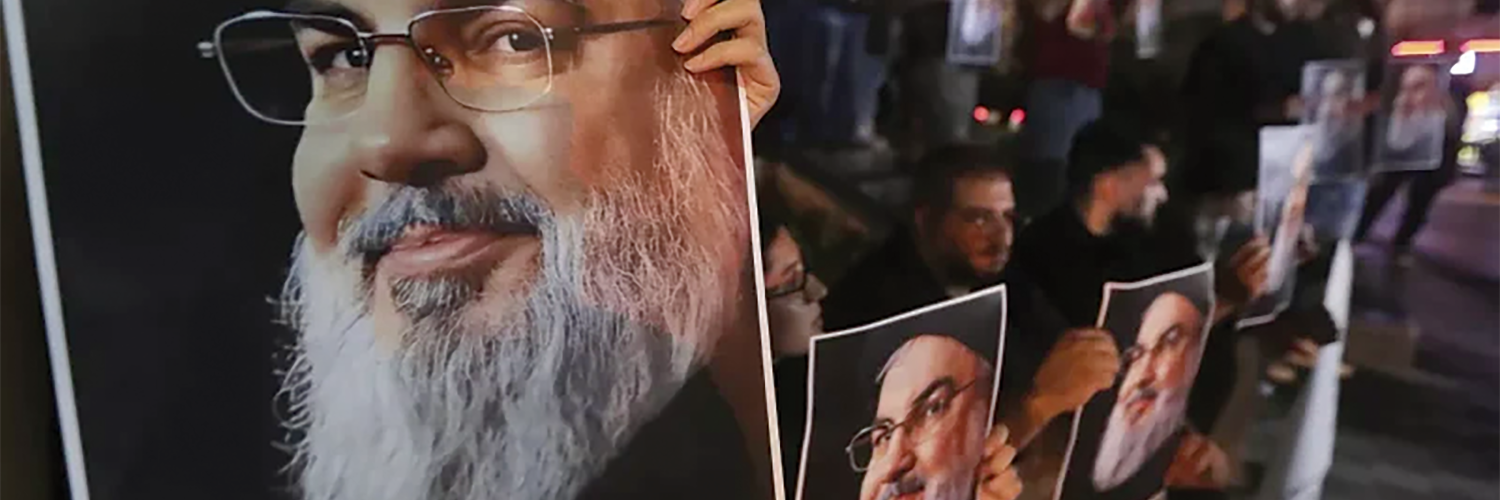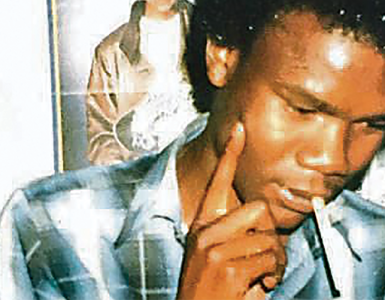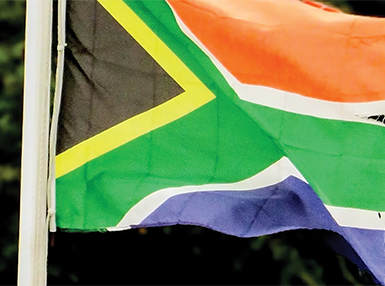HOSTILITIES: On the Israeli side, Israel prime minister Benjamin Netanyahu is more confident than ever, and the polls confirm this…
By Eugenio Garcia Gascon
The first poll since the assassination of Hezbollah leader Hassan Nasrallah in Beirut has projected Benjamin Netanyahu’s popularity to rise. After nearly a year of lacklustre poll results and strong public hostility, the Israeli prime minister is once again moving freely and confidently, and it is difficult to know how far he is prepared to go.
Netanyahu has allowed himself to leave the Gaza Strip open pending what happens at the US polls in November. Depending on who enters the White House, it will be much clearer whether Israel can expel all or part of the Palestinian population, 2,3 million people, who since October 7 2023 have been migrating relentlessly from one place to another in the Strip, forced by American bombs from Israeli fighter planes that pursue them everywhere.
The assassination of Nasrallah and almost all of Hezbollah’s top brass is a turning point in the war and raises many questions.
One thing is certain: the top ranks of Lebanon’s Shiite militias are deeply infiltrated and the elimination of their leaders and the parallel bombings have created a climate of mistrust and insecurity that does not bode well for the Shiites.
On the Israeli side, Netanyahu is more confident than ever, and the polls confirm this. The prime minister believes, perhaps rightly, that his international legitimacy has been strengthened, as has happened within Israel in just a few days. This may have consequences for the long political career of the man who has served the longest, ahead of David Ben-Gurion.
In the wake of Nasrallah’s assassination, he has introduced the concept of a “new order” for the Middle East. Netanyahu has not specified what he means by a new order, although it can be interpreted that the Israel that is now rising from the ashes of October 7 will be more decisive from a military point of view and will not allow its enemies to organise themselves as it has done over the last few decades in the Gaza Strip and Lebanon.
The massive blow to Hezbollah leaves no doubt that it will never recover. One of Israel’s goals is to prevent it from moving freely along the northern border as it has done so far. Senior military officials have stressed that the war will not stop until the militants have been driven back beyond the Litani River, which is about 25 kilometres north of the border.
Israel also wants to implement UN Security Council Resolution 1701, passed after the second Lebanon war in 2006, which would clear the south of Lebanon of weapons and militants. Netanyahu has repeatedly referred to this issue in recent months, ignoring international resolutions that demand an end to the occupation of Palestinian territories.
The recovery of Hezbollah and Hamas is up in the air and is doubtful. Netanyahu will not allow the two Islamist organisations to rearm and become a threat to the Jewish state again. The times when planes and trucks loaded with weapons arrived in Lebanon from Iran, or when Tehran financed Hamas, do not seem likely to happen again.
Once the last disastrous year is over, Netanyahu will surely want to continue leading the country, something that is perfectly possible given the combination of forces in the Knesset. Nasrallah’s death gives him a considerable breath of fresh air, and, as we say, the November elections in the US will give him more or less political room to continue. Iran is a clear target. Netanyahu has described the Islamic Republic as a monster that is corrupting the entire region. Israel is likely to intensify its operations against the country from now on and, above all, try to isolate it internationally. When Netanyahu talks about creating a new order, he is primarily trying to stop Iran, and to do so he has the support of some countries in the region that consider Iran their greatest enemy.
A large part of the Israeli population believes that Netanyahu is the most capable politician of his generation, and the decapitation of Hezbollah simply confirms that opinion.
This may mean that he will remain in office for a long time, given the composition of the parliamentary arc. And the Netanyahu who has emerged from this conflict is probably very different from the one before October 7 2023.
Back then, he was more accommodating and misinterpreted some data, as was seen in the Gaza Strip. Now the Israelis can give him a second chance. – Globalter






























